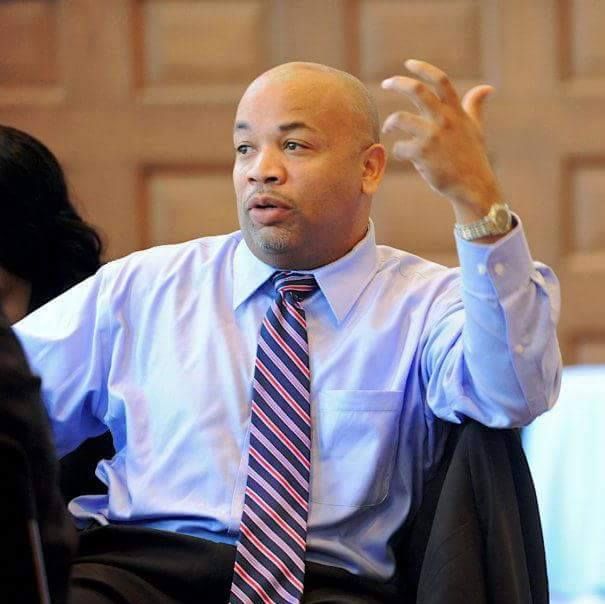
The state Assembly elected Carl Heastie of the Bronx as the chamber’s first new speaker in two decades last week, and three Long Island Assembly members affirmed the general perception of him as a reasonable and even-tempered team player.
Heastie, who had served as chair of the labor committee, succeeded longtime-speaker Sheldon Silver of Manhattan, who was arrested on federal corruption charges.
State assembleymembers Michelle Schimel (D-Great Neck), Charles Lavine (D-Glen Cove) and Ed Ra (R-Franklin Square) each said they have solid working relationships with Heastie.
“He’s been an effective member of the labor committee. He works very well with others,” Lavine said of Heastie. “He’s respectful. He’s not a blow hard by any stretch of the imagination.”
Ra, a member of the minority conference, served with Heastie on the labor committee.
“I have some experience of being on the committee with him and I do have a relationship with him,” Ra said. “He’s a fairly easygoing guy. If the way he led our labor meetings is any indication, he always let our side of the isle have the opportunity to have their say.”
Schimel largely concurred with Ra and Lavine, saying she had legislation pass through Heastie’s labor committee.
“I’ve found him fair and open-minded,” she said. “I had several bills go through his committee and they all went to the floor.”
The speaker race unfolded much quicker than anticipated; the vote, initially scheduled for Feb. 10, was moved to Feb. 3 once it became clear Heastie had secured the requisite 76 votes.
The expedited schedule for the race drew some criticism from members of both parties.
Ra said the extra week would have given the public more time to learn about candidates. Media outlets have raised questions about Heastie due to thousands of dollars in unitemized campaign expenditures.
“I think the original timeline was a good one in terms of having some public vetting of the candidates,” Ra said. “It’s something that really needs to be gotten right. It’s not a changing of the guard very often.”
He added, however, the speedy selection had the potential upside of limiting the influence of special interests.
Lavine said the behind-closed-doors negotiations that led to Heastie’s selection is a facet of representative democracy, for which, ironically, he said there must be a certain level of trust from the public.
“This isn’t an election for public office. When the editor-in-chief of a newspaper is selected, it’s not done in a public process. It’s done behind closed doors,” he said. “There are no circumstances that I can presently conceive of in which we, the majority, would elect somebody not up to the task.”
One of the most important qualities of a successful speaker, Lavine said, is the ability to work well with the Assembly’s large central staff.
“I know Carl; I have no question he can do that,” he said.
All three local Assembly members agreed on one thing: putting the speaker race in the rearview mirror allows the chamber to resume focus on its real priority, the budget.
“The key,” Schimel said, “is to get back to doing the budget.”






